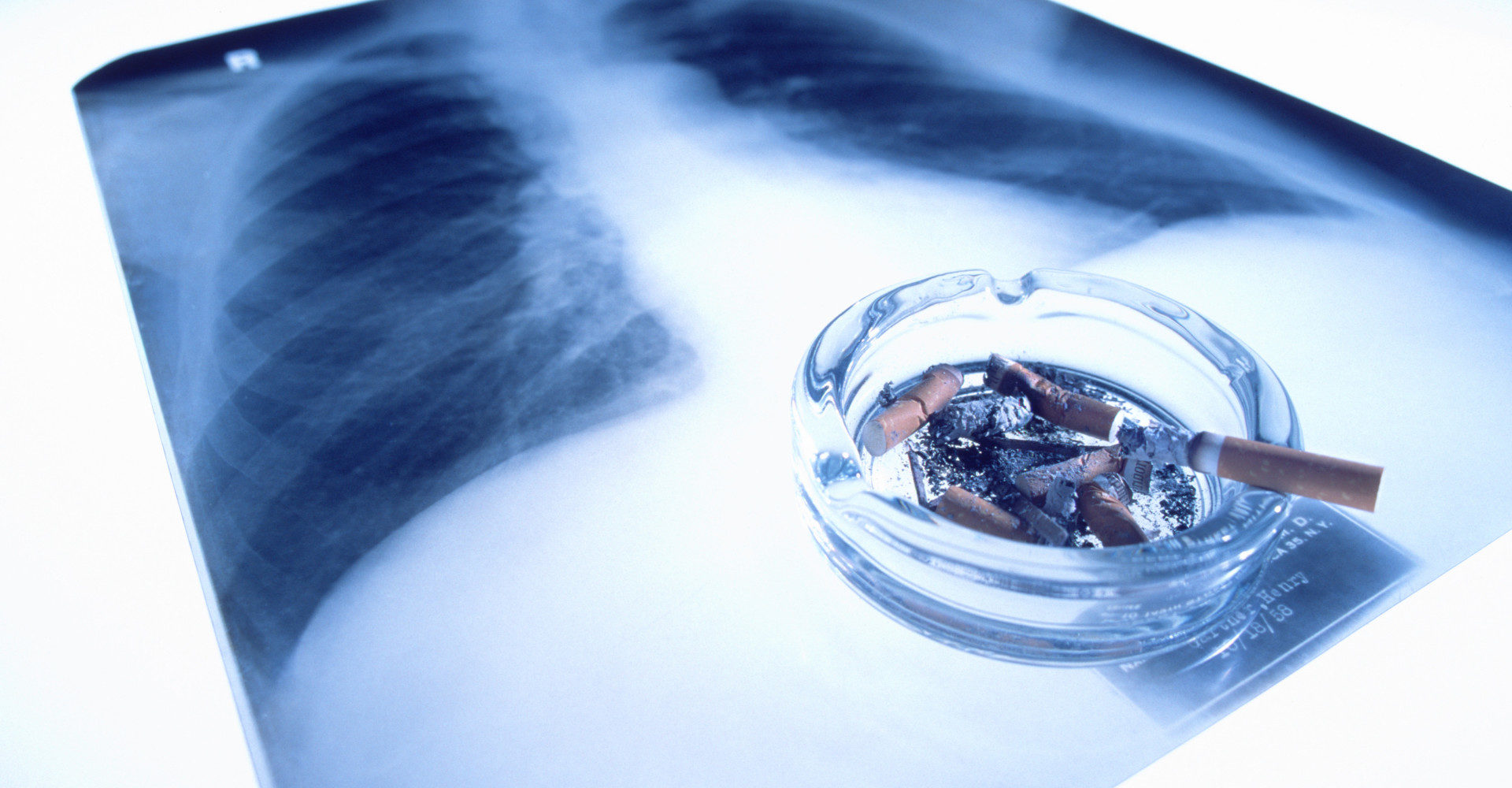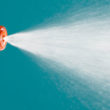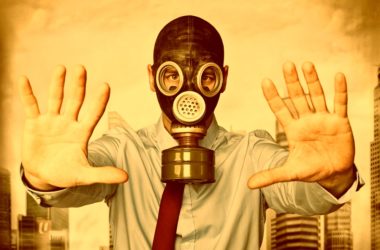What is Lung Cancer?
Cancer is a disease characterized by the abnormal growth rate of cells in the body. When a cancer originates at the lungs, then it will be referred to as lung cancer. Your lungs are a vital part of you—they’re what makes you take in oxygen when you breathe and release carbon dioxide when you exhale.
Lung cancer is by far the leading cause of cancer-related deaths in the US, both in men and women. This type of cancer tallies more deaths annually than do prostate, ovarian, breast and colon cancers combined. What are the symptoms of lung cancer? Lung cancers typically don’t exhibit any symptoms especially on its early stages. Its symptoms will gradually be evident once it is already on its advanced stages. The following may be observed in persons who have lung cancer:
- Having bouts of cough that won’t go away.
- Presence of chronic cough, also known as “smoker’s cough”.
- Coughing up of blood, even in small amounts.
- Chest pains and difficulty in breathing.
- Shortness of breath.
- Hoarseness
- Wheezing
- Weight loss (without actually trying)
- Constant headaches
- Bone pain
What causes lung cancer development?
Per statistics, the number one cause of lung cancer is smoking—both in people who actually smoke and for people who are only exposed to inhaling second-hand smoke. Smoking damages the cells that line the lungs. Cigarette smoke contains a lot of carcinogens that are harmful to the human body. Occasional exposure to carcinogens may not be enough to trigger cancer since your body is still able to reverse the damage. Repeated exposure however will increase your chances of developing cancer cells. Lung Cancer Risk Factors A variety of factors can increase your susceptibility to developing lung cancer. Some factors may be controlled and some can’t. Read on to find what predisposes you to lung cancer:
1. Smoking.
Again, it cannot be stressed enough that smoking is the number one cause of lung cancer development. In the US alone, 90% of reported lung cancer cases have been linked to cigarette smoking. Tobacco smoke is composed of a toxic mix of chemicals that are known to cause cancer to both people and animals.
Studies have shown that people who smoke are at 15-30 times more prone to developing lung cancer than those who do not smoke. The more often you smoke the higher your risk gets. People who used to smoke but decided to quit are said to have lower risks for lung cancer than those who continued smoking, but then again, their risks are still higher compared to people who never touched a cigarette in their lives.
2. Second-hand smoke inhalation
Even if you‘re not a fan of cigars, you’re still at risk for developing lung cancer, especially if you’re being exposed to second-hand smoke.
3. Exposure to Radon.
Radon is a chemical element—a radioactive, odourless, colourless, and tasteless naturally occurring gas. It gets released by normal decay of other radioactive elements like uranium and radium found in rocks and soil. It normally dissolves in ground water and can be released into the air when water is used. Radon usually occurs at low concentrations outdoors, however, in areas where there is insufficient ventilation, such as underground mines, its concentration levels tends to be higher, making the people exposed to it at a bigger risk for developing lung cancer.
4. Exposure to asbestos and other chemicals.
Workplace exposure to other toxic substances known to cause cancer including asbestos, nickel, chromium, and arsenic will up your chances of getting lung cancer.
5. If you have a family history of cancer.
While the previous risks factors are somehow controllable, this one is not. People who have parents, siblings or child who have lung cancer (or any type of cancer for that matter) are more predisposed to acquiring the same disease.
Lung Cancer: What to Expect
Cancers are deadly diseases. You’re chances of survival will highly depend on how early your symptoms were diagnosed, how strong is your body and how well it will respond to treatments. The road to fighting any type of cancer may be rough, but is in no way, hopeless, as there are lots of reported cases where people who acquired the disease became cured. To fight a good fight, make sure that you equip yourselves well. Stay away from things that can hurt your health and change your lifestyle for the better to increase your chances of winning against cancer.













